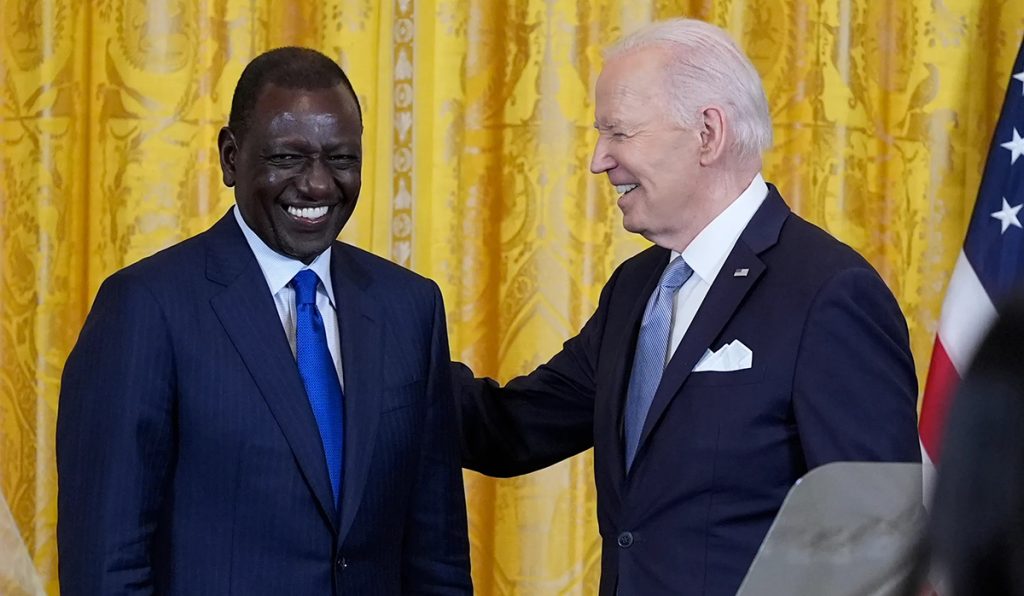The increasing geopolitical complexity in Africa has prompted many nations to navigate carefully between the competing influences of BRICS (Brazil, Russia, India, China, and South Africa) and NATO-aligned nations, particularly the U.S. and Europe. African countries are striving to balance economic opportunities offered by BRICS while maintaining traditional partnerships with Western powers.
On one hand, BRICS is appealing due to its push for multipolarity and economic alternatives to Western-dominated systems. African nations see BRICS as an avenue to access funding through initiatives like the New Development Bank, which focuses on infrastructure and sustainable projects tailored to developing economies. The bloc’s commitment to challenging the dominance of the U.S. dollar and fostering trade within the Global South aligns with many African nations’ ambitions for economic independence and diversified partnerships. Notably, South Africa, a BRICS member, has advocated for broader African representation within the group. This push has led to new entrants, including Nigeria and Uganda, reflecting a growing African presence in the alliance.
Conversely, NATO countries, particularly the U.S. and European nations, remain vital partners for Africa in areas like security, trade, and governance support. Programs under the U.S. Africa Command (AFRICOM) and the European Union provide military training, counter-terrorism initiatives, and development aid. These partnerships are crucial for maintaining stability in regions affected by conflict and for supporting democratic governance.
Balancing these relationships is challenging. African nations must navigate geopolitical tensions, such as NATO’s criticism of Russian and Chinese influence in Africa and BRICS’ critique of Western hegemony. At the same time, African leaders are keen to avoid being drawn into a new Cold War dynamic, opting instead for a “multi-alignment” strategy to maximize benefits from both sides. For instance, while engaging with BRICS for infrastructure funding, nations like Egypt and Ethiopia continue to rely on International Monetary Fund and World Bank assistance for immediate economic stabilization.
Ultimately, the balance lies in fostering development without becoming overly dependent on either bloc. The African Continental Free Trade Area (AfCFTA) and other regional initiatives will also play a role in strengthening the continent’s bargaining position globally while pursuing equitable partnerships.
